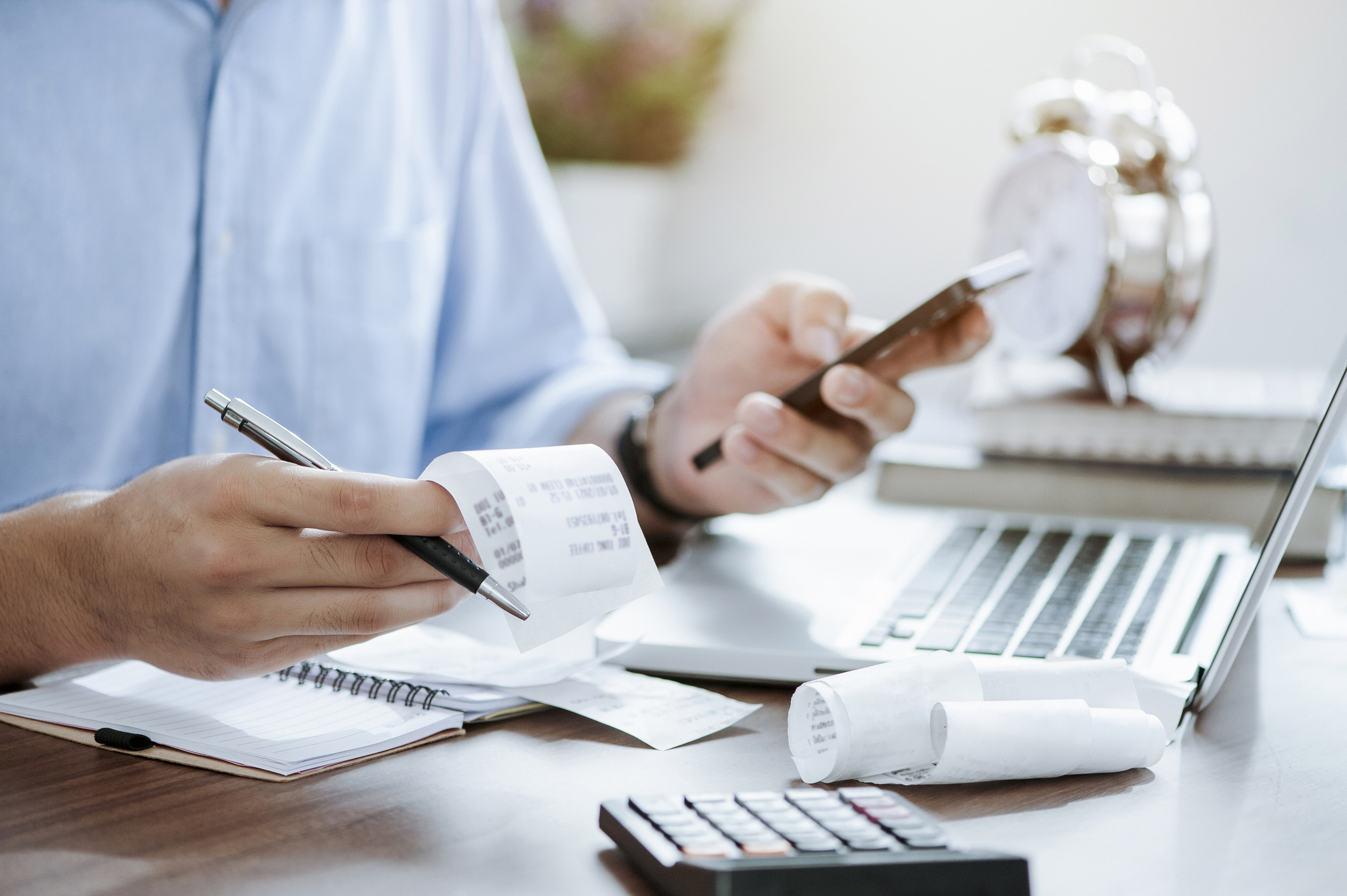
Date posted: 20th Jan 2025
If you are self-employed, you will pay tax on your profit.
In working out your taxable profit, you can deduct certain expenses that you have incurred in running your business. The basic rule is that expenses can be deducted if they are incurred wholly and exclusively for the purposes of the trade.
This rule precludes a deduction for private expenditure. Where possible, it is advisable to use separate bank accounts for business and personal expenditure to keep them separate and reduce the risk of missing business expenses or deducting private expenses in error.
Where an expense has both a private and a personal element, it is permissible to claim a deduction for the business part, as long as the business expenditure and the private expenditure can be identified separately. This may be the case, for example, where a car is used for both business and personal travel. Here a deduction for business travel could be claimed using the simplified rates published by HMRC. However, where it is not possible to separate the business and personal costs and the expenditure has a dual purpose, a deduction is not permitted. An example of this would be everyday clothes worn for work, as even if the clothes are only worn for work, they also provide the personal benefits of warmth and decency.
Typical expenses
A business may incur some of the following expenses, which can be deducted in calculating its profit, as long as the costs are incurred wholly and exclusively for the purposes of the business:
- Office costs, such as stationery and printing costs and phone bills.
- Travel costs, such as fuel, train, taxi and bus fares, or parking.
- Uniforms bearing the business’s logo or name (but not ordinary everyday clothing).
- Goods purchased for re-sale.
- Raw materials.
- Costs related to the business premises, such as rent, light and heat.
- Insurance.
- Advertising or marketing costs.
- Accountancy and professional fees.
- Repair costs to buildings or machinery.
- Professional subscriptions and training.
The list is not exhaustive and there may be other costs to claim but some costs may be specifically not qualifying per legislation. In addition, there may be relief for costs of computers, machinery etc.
Trading allowance
Rather than claiming a deduction for your actual expenses, you can instead opt to deduct the £1,000 trading allowance. This will only be advantageous if your actual expenses are less than £1,000. If your gross trading income (before deducting expenses) is £1,000 or less, you do not need to pay tax on it, or report it to HMRC.
However, you cannot claim both the actual expenses and the £1,000 trading allowance.
Simplified expenses
To save work, instead of deducting actual expenses in relation to vehicles and expenses incurred if you run your business from home, you can use simplified expenses to work out the deduction. You can also use simplified expenses to work out the private use disallowance if you live in your business premises (as might be the case, for example, if you run a Bed and Breakfast).
Records
It is important to keep good business records so that you can identify your expenses and take them into account when working out your taxable profit. If you overlook deductible expenses, you will pay more tax than you need to.
Trading or not?
It will be important to understand if you are trading or not. We have seen recent HMRC campaigns against dog breeders and eBay sellers amongst others. Property developers are also at risk of incorrectly taxing profits as capital gains rather than income tax.
As ever, if you have any queries, please give us a call.


